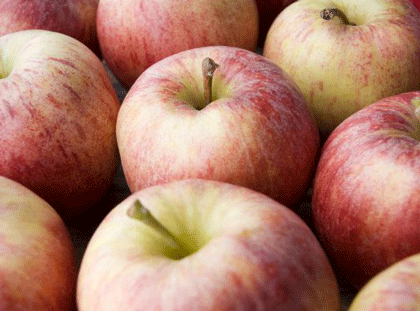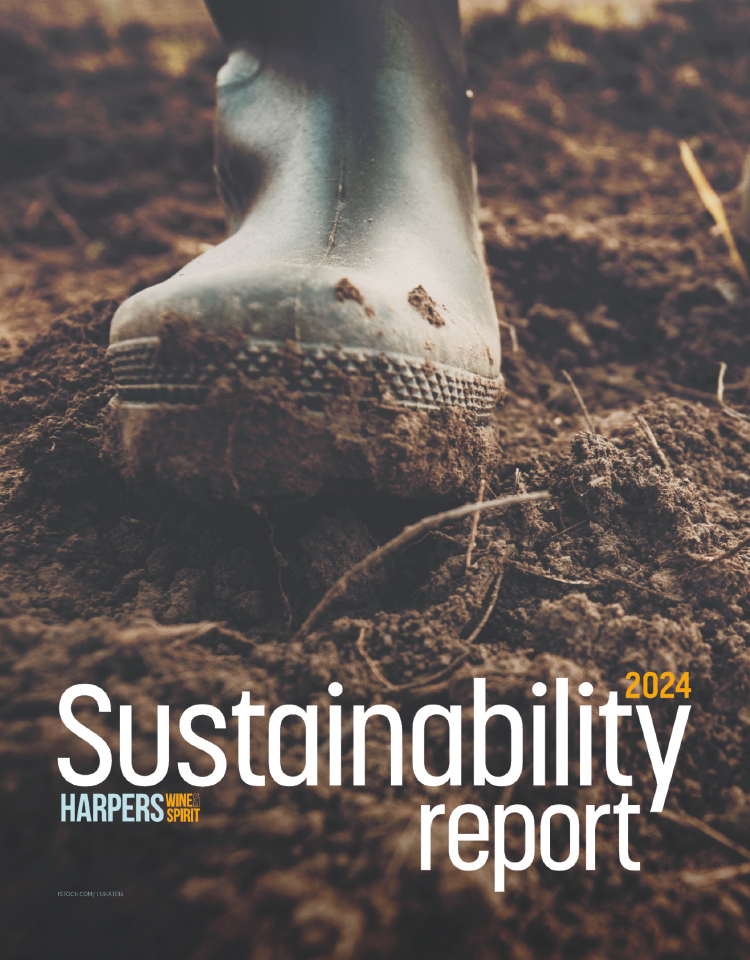
Hammond's white cider clamp-down could unfairly hit artisanal producers
CAMRA, the body which represents the interests of the UK beer and cider industry, has expressed concerns that artisanal cider producers who producer higher ABV products could be tarred by the same brush which is intended to increase duty on high-alcohol, cheaply made ciders.
The issue of low-quality, low-cost ciders and the impact on harmful drinking patterns was thrown into the spotlight yesterday during the Autumn budget when chancellor Philip Hammond announced a higher rate of duty would be applied to white ciders which are typically between 7% and 8% ABV and can retail for as low as 16p per unit.
The briefing documents released yesterday confirmed that a new rate of tax would be introduced for still ciders and perry with an ABV of between 6.9% and 7.5% specifically with the intention of targeting white ciders.
It is believed these alcohol thresholds were set following consultation with industry members, who confirmed that ciders with these ABVs as particularly harmful to vulnerable members of society.
Tom Stainer, head of communications at CAMRA (Campaign for Real Ale), however has called the measure a “blunt tool” and says that it ignores the fact that – like wine producers - many traditional producers make cider which is over 6.9% and high in quality.
“The concern for us is how the government is going to successfully separate what they are trying to target which is low quality white cider producers who often cut corners to lower costs, from traditional artisanal producers who produce high quality 100% juice products,” he told Harpers.
“If it’s a particularly good year and a crop has lots of sugars, then producers could find themselves in a situation where they have to water down the product to avoid incurring price hikes. With the best intentions, the government might end up adversely affecting small scale producers.”
Cider producers now will have to wait with baited breath for clarification on how this new duty band will be implemented.
There has been some speculation the size of volume production could be taken account to mediate the effects on artisanal producers.
However, this could end up adversely affecting high volume producers such as Bulmers who have largescale operations but still use artisanal methods.
“Bulmers is big, but it would be very unfair if it was caught up in this based on its scale of production,” Stainer said.
While the trade waits for further details, a glance at the existing tax system for cider shows that it was time for a re-evaluation.
The current system favours largescale companies, as volume producers pay the same rate of duty as their smaller counterparts.
This flat rate of duty was originally brought in with the intention of protecting Britain’s traditional cider producers.
However, it has also meant that global companies, which dominate the UK industry, have been able to reap higher margins from high-strength, low-cost products such as the white ciders outlined in yesterday’s budget.
James Calder, head of public affairs at the Society of Independent Brewers (SIBA), is calling cider legislation to be brought in line with beer, which has a sliding scale of duty based on the size of the producer.
“Government is rightly trying to tackle the problem drinkers associated with high strength white ciders through taxation. The UK cider industry is dominated by global producers, so we recognise the importance and contribution of the independent cider producer industry,” he said.
“Following the UK's withdrawal from the EU, the UK government should consider introducing a Progressive Cider Duty akin to what we have in the beer world. There is a compelling argument to equalise the duty systems for beer and cider to support independent producers. At present, a global producer of cider pays less duty than the smallest independent brewery pays beer duty.”
There is also the issue of whether the new duty band will solve the problem of problem drinking.
Strainer said such a “blanketed approach” lacks an understanding of the nuances between production and harmful consumption patterns.
“No wine is under 6.9% ABV, but no one is singling out wine as a major factor in alcohol abuse, or spirits for that matter. There is a fear that this won’t help the people it’s supposed to be helping.”
Ryan Khurana, research fellow at the Consumer Choice Center (CCC), agrees and says that the proposed hikes on white cider will only serve to “punish the poor”.
He said: “In an otherwise well-received budget, and deserved freezes on the duties of most alcohol products, the decision to increase the duty on lower cost alcohol is both regressive and unnecessary.
“The intended effect of lowered alcohol consumption among the poor is unlikely to occur, as the increased financial strain will increase the stress on those who are currently on the verge of poverty. Empowering, rather than punishing the poor, would have been a wiser decision.”
The new duty band is expected to be implemented in 2019.







